The Dam Thuong melody is like a page of history, like a whisper of the earth, the breath of ancestors flowing through the feet of generations of descendants. Dam Thuong was born from the sweat of the fields, from the afternoons when the Tay people finished their work, gathered in front of their stilt houses, told stories together, sang Then and found each other through rhythms to affirm their identity.
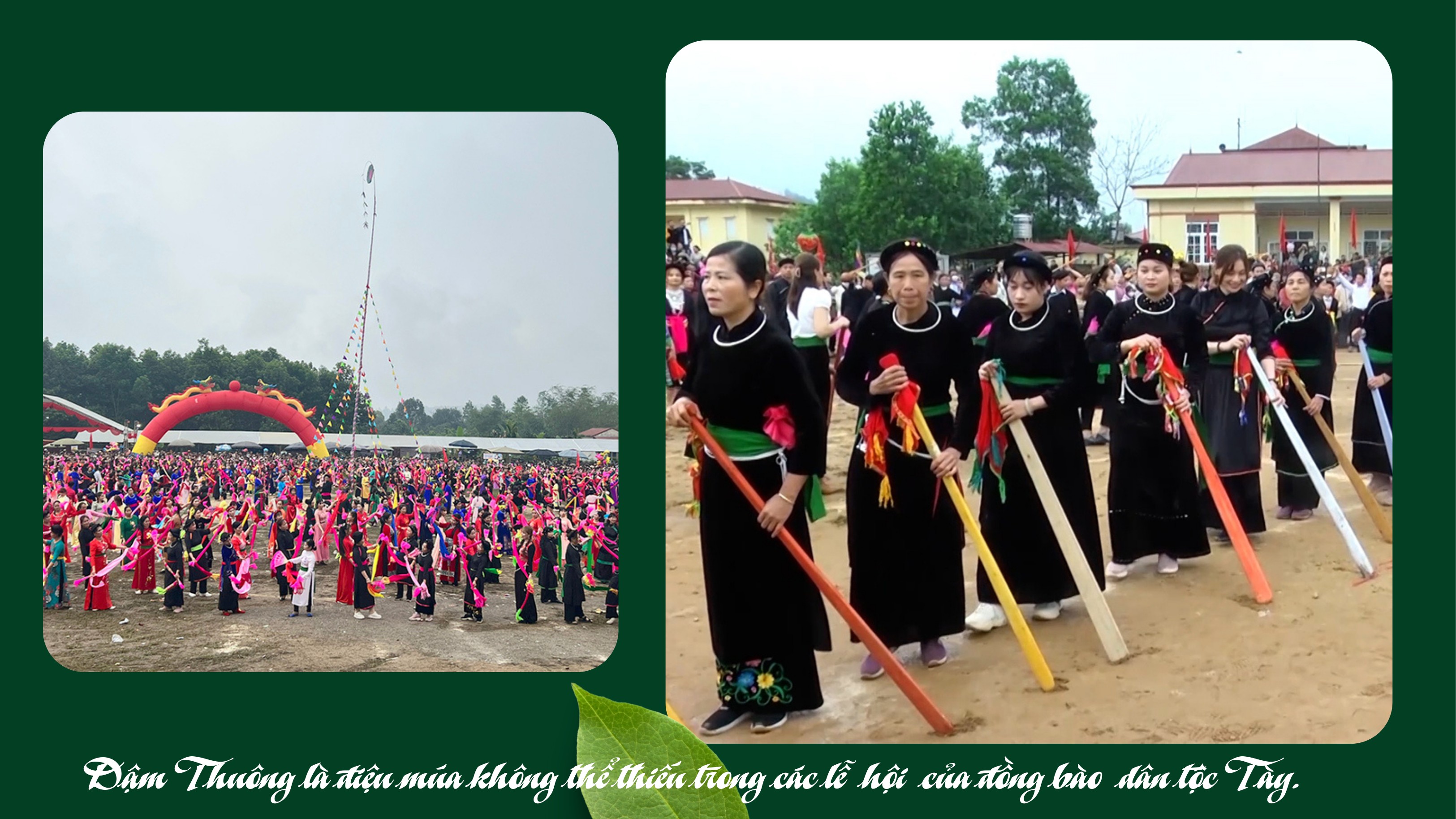
In the beginning, Dam Thuong was a simple footwork, the sound of tapping the ground with the feet, a way of communication between humans and the forest and stream gods. In Thuong Bang La, this dance is preserved with simplicity, but is very solemn and sacred - as if each step is an invitation to the ancestors to attend the ceremony.
Looking at the Tay Thuong Bang La people entering the dance space, one sees a harmonious picture of youth and maturity, of secrecy and openness. They wear traditional indigo shirts, hand-embroidered silk skirts, and stylish head scarves - each piece of fabric carries the memories of a lifetime. When the flute, drum, and clapper sound, the air seems to calm down, the land seems to be inviting. The Dam Thuong movements are not noisy, nor ostentatious, but are the steady rhythm of the heels, the gentle sway of the hips, and the open arms as if wanting to embrace the entire space.
Each step hitting the floor created a silent but decisive rhythm, as if to affirm: "We still sing, still dance, still keep the pulse of life".
Dam Thuong has many nuances, when used to greet guests - gentle, welcoming; when used in seasonal festivals - bold, strong; when used as a prayer - solemn, vague like a chant. In Thuong Bang La, the dance often appears on important occasions such as the new rice celebration, weddings, or community parties and festivals. Each time like that, Dam Thuong is like a bridge between the past and the present - the elderly control the rhythm, transmitting to the young a series of movements that have been ingrained in their bodies since childhood.
It is impossible to separate Dam Thuong from its traditional melodies and instruments. The Khen Bau, Dan Tinh, Trong Com and Phach create a rustic yet varied background sound. The Tay people use dance to express their relationship with nature - light steps as if to invite the wind, like strong stomps to encourage rain; to tell stories of love, of separation and reunion. A couple dancing Dam Thuong together, their eyes exchange more than words; the light turns, the heavy stomps, the intertwined hands become a private song, which can be heard only with the heart.
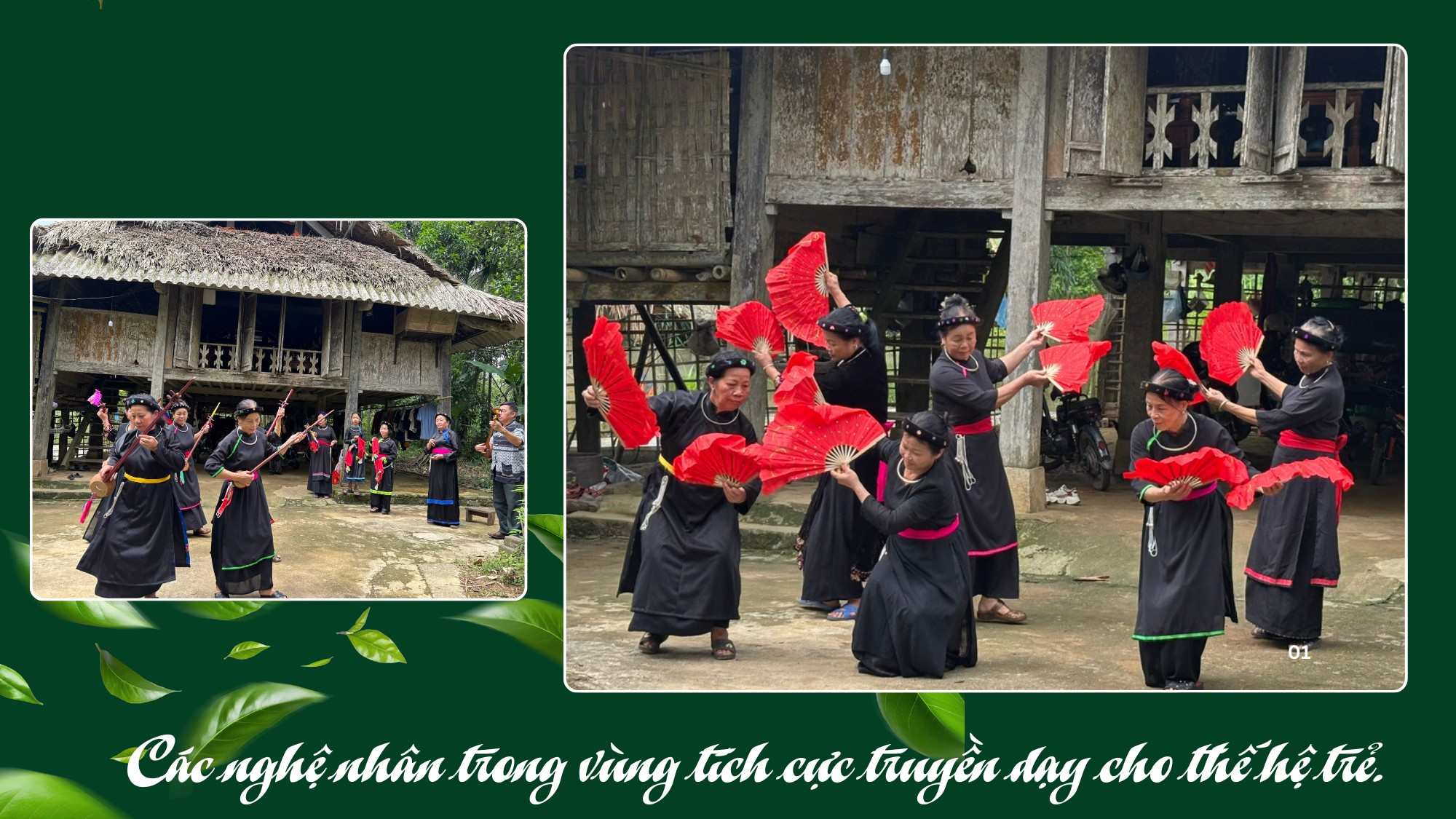
Dam Thuong's body language is a synthesis of very ordinary details. The farmer's sturdy feet, the shoulder that has carried heavy loads, the back accustomed to carrying the sun, all are imprinted in the movement. Without needing to show off techniques, Dam Thuong conquers because of its authenticity. The dance does not require a luxurious stage, but blooms in the communal house yard, an empty lot, in front of the porch of a stilt house. It is this setting that helps the dance to be imbued with the spirit of the community. The witnesses are not simply spectators, they are performers, they respond to a beat, a laugh, a cheer.
Preserving Dam Thuong in Thuong Bang La is not only about teaching the movements, but also about teaching the way of seeing, listening, and feeling. The elderly teach children not with books but with stories, with afternoons spent fanning, like transmitting the blood of culture. When a child first touches the rhythm of the drum, when learning the first stomp, the whole village seems to accept a new life. When they grow up, they will bring the dance outside, but the mark of Thuong Bang La still follows in every step, like the name of the village engraved in the heart.
In the era of rapid economic and media change, Dam Thuong faces many challenges. But it is a good thing that Dam Thuong has been included in projects and plans for preservation by the Thuong Bang La commune government. Many young people come back, learn, and create to preserve it. They film, record, and bring Dam Thuong to schools.
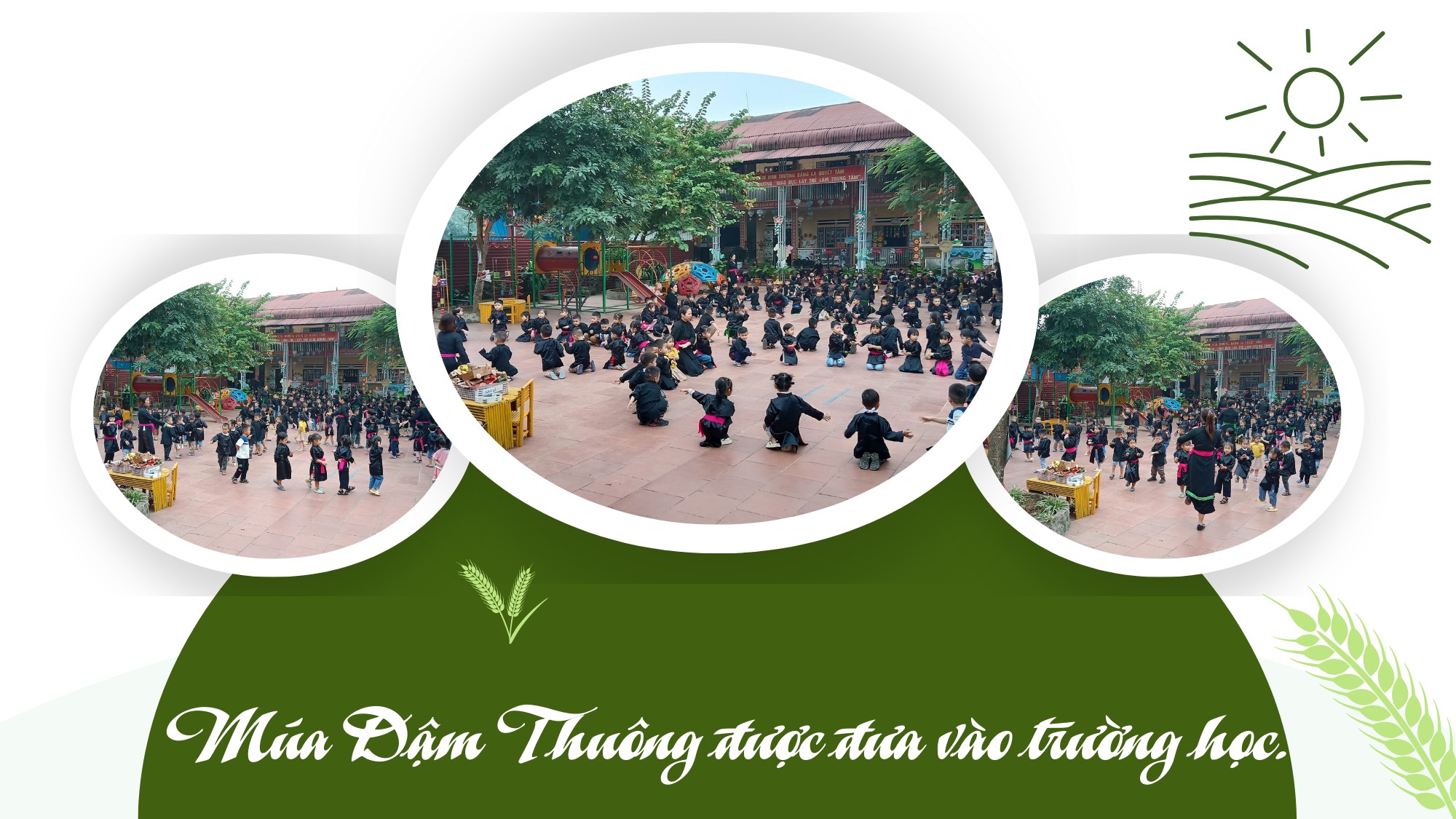
The Tay people in Thuong Bang La do not dance to show off to history, they dance to remember who they are. Each stomp is an oath to the water, to the bamboo fence, to the worn wooden floor, that culture will not fade away easily when it has been deeply rooted in the homeland of those who know how to appreciate it.
Leaving Thuong Bang La, the sound of drums and flutes lingered in everyone’s mind. In that moment, we understood that Dam Thuong is a small but powerful symbol: the power of memory, of community and of continuity. The Tay people of Thuong Bang La dance Dam Thuong to keep the dance, to tell the world that there is a way of life that is attached to the land, a profound and resilient expression that still flows through the stream of innovation.
Anyone who passes by here once will surely carry with them the echoes of the stomping - a simple sound that reminds them of the identity that is rhythmically moving on the feet of time.
Source: https://baolaocai.vn/ve-thuong-bang-la-xem-mua-dam-thuong-post881466.html


![[Photo] Prime Minister Pham Minh Chinh chairs the Government's online conference with localities](https://vphoto.vietnam.vn/thumb/1200x675/vietnam/resource/IMAGE/2025/10/5/264793cfb4404c63a701d235ff43e1bd)



![[Photo] Prime Minister Pham Minh Chinh launched a peak emulation campaign to achieve achievements in celebration of the 14th National Party Congress](https://vphoto.vietnam.vn/thumb/1200x675/vietnam/resource/IMAGE/2025/10/5/8869ec5cdbc740f58fbf2ae73f065076)

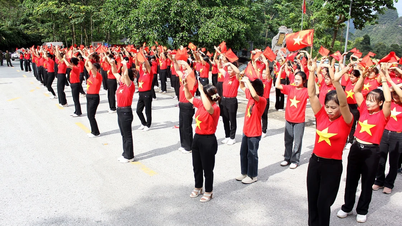
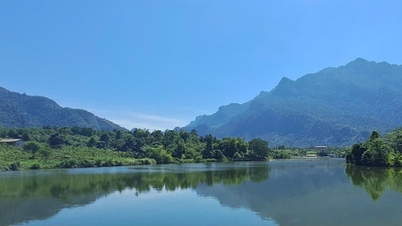

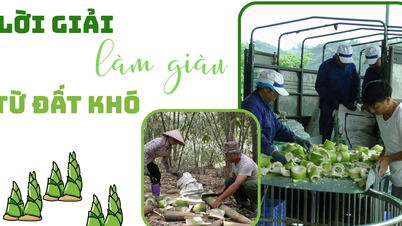

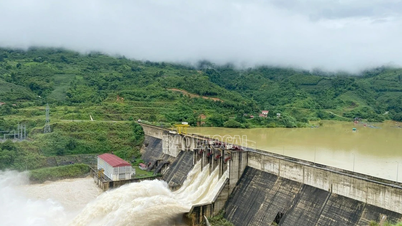
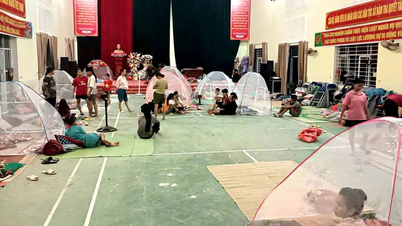
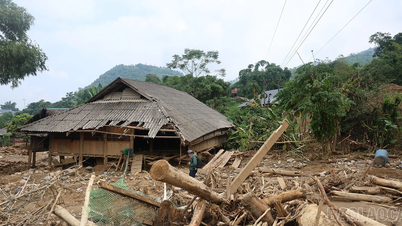
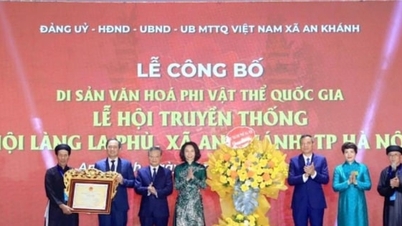





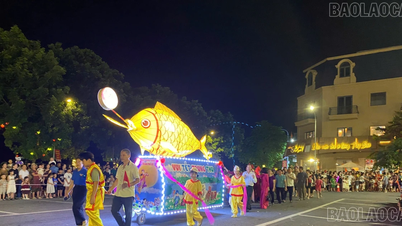
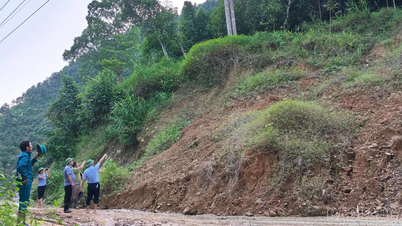

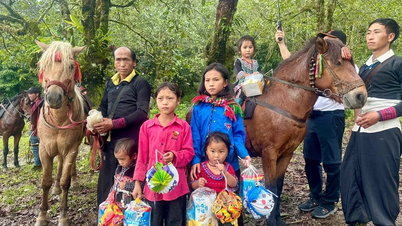
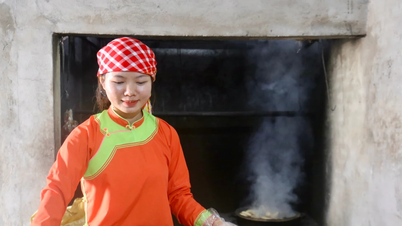
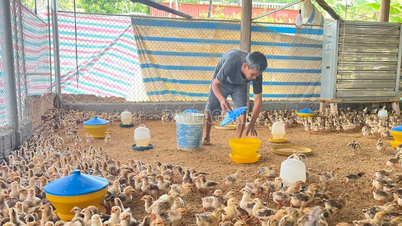



























![[VIDEO] Summary of Petrovietnam's 50th Anniversary Ceremony](https://vphoto.vietnam.vn/thumb/402x226/vietnam/resource/IMAGE/2025/10/4/abe133bdb8114793a16d4fe3e5bd0f12)

![[VIDEO] GENERAL SECRETARY TO LAM AWARDS PETROVIETNAM 8 GOLDEN WORDS: "PIONEER - EXCELLENT - SUSTAINABLE - GLOBAL"](https://vphoto.vietnam.vn/thumb/402x226/vietnam/resource/IMAGE/2025/7/23/c2fdb48863e846cfa9fb8e6ea9cf44e7)














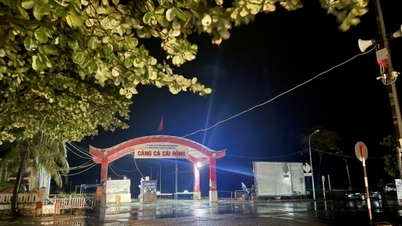

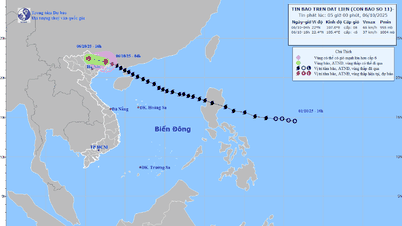




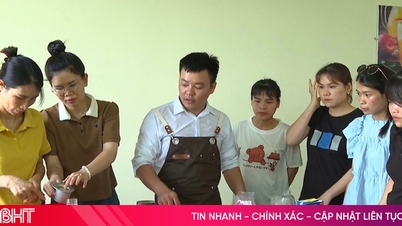
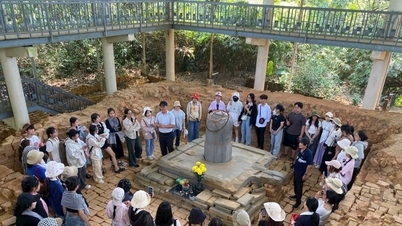












Comment (0)